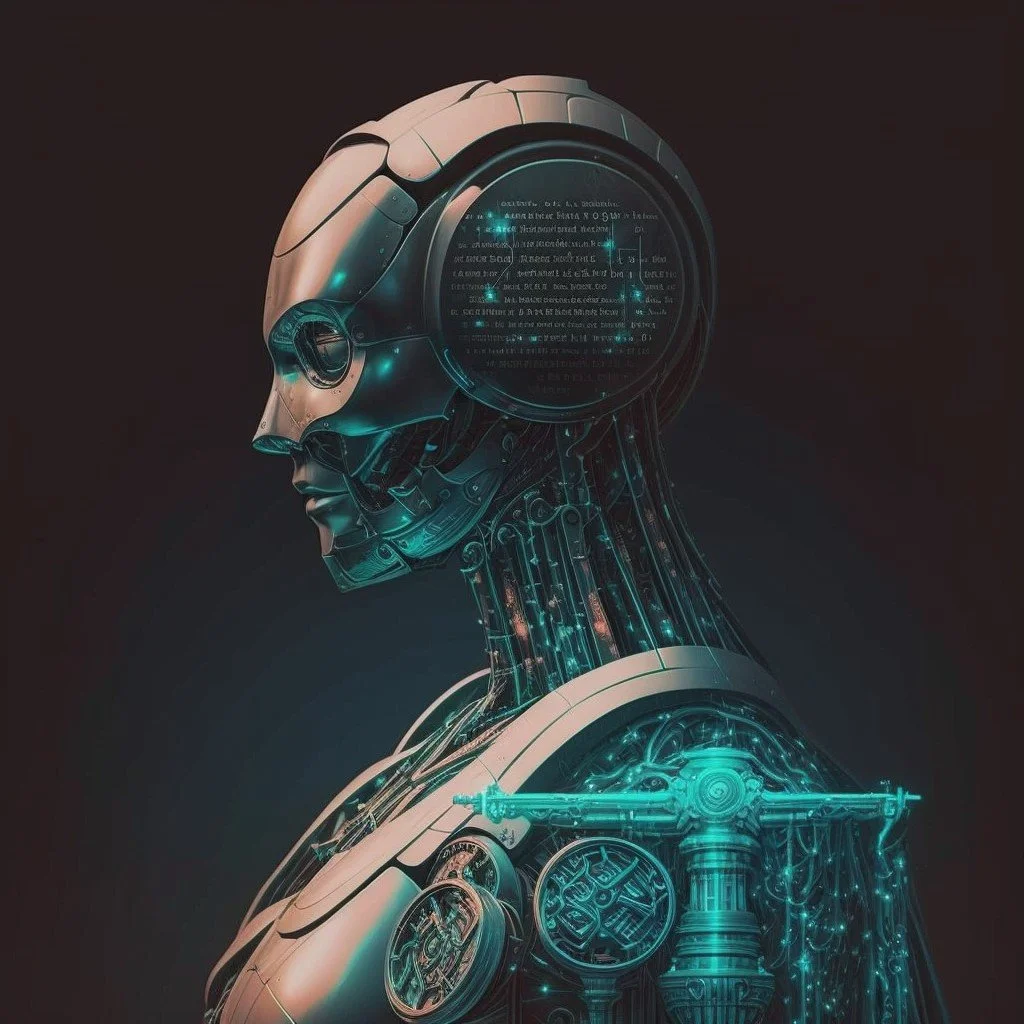Who Will Own The Future? Intellectual Property in The Time of AI
“By far, the greatest danger of artificial intelligence is that people conclude too early that they understand it."
- Eliezer Yudkowsky
In the ever-evolving landscape of technology, artificial intelligence (AI) has emerged as a transformative force, revolutionizing various aspects of our lives. However, as AI becomes more sophisticated and autonomous, questions surrounding copyright ownership and the legal implications of AI-generated content have arisen.
When using AI tools, it is important to understand who owns the data that is used to train the models. In many cases, the data belongs to the organization or individual who created it. However, if the data was sourced from a third party, there may be restrictions on its use. Additionally, the algorithms used to generate the work product may be proprietary and subject to copyright protection.
If an image is created from an amalgamation of multiple, original, works, do the original authors and artists have any claim to that resulting work? Is is a derivative work or has the resulting work so transformed from the original works that those who created the original works have no claim?
The question of ownership of the resulting work product is complex and depend on various factors. The source of the data used by the AI, the nature of the human input, and the nature of the AI output can all impact the analysis of who owns the work product. Also, if an employee uses AI tools as part of their job duties, the resulting work product may be owned by their employer. However, if an independent contractor or consultant uses AI tools to create work product, the ownership may be negotiated in the contract.
As for copyright protection, the question of whether AI-generated work product is eligible for copyright protection is still being debated. In the United States, copyright law requires that the work be original and created by a human author. However, courts have yet to determine whether AI-generated work product can be considered original and eligible for copyright protection. Is the work product owned by the human creator of the prompt, the developers of the AI software, is it some kind of joint creation, or is the work product in the public domain?
The use of AI tools in creating work product can provide many benefits, but it is important to understand the ownership and copyright implications. Organizations and individuals should carefully review their contracts and consider seeking legal advice to ensure they have the necessary rights and protections. As AI technology continues to evolve, so too will the legal landscape surrounding its use.
“Author” Note: The image above was generated by AI from a prompt provided to Midjourney and the text content was generated by AI from a prompt provided to ChatGPT - edited for accuracy and clarity. Who owns the resulting works? Interesting times…
As of 5/26/2023 at least a dozen images on this website were generated using AI, some seem fairly obvious and others less so. As available AI tools “learn” and improve, how long before AI images are indiscernible? To discuss AI and its use in your business, please contact us to request an appointment to discuss.

